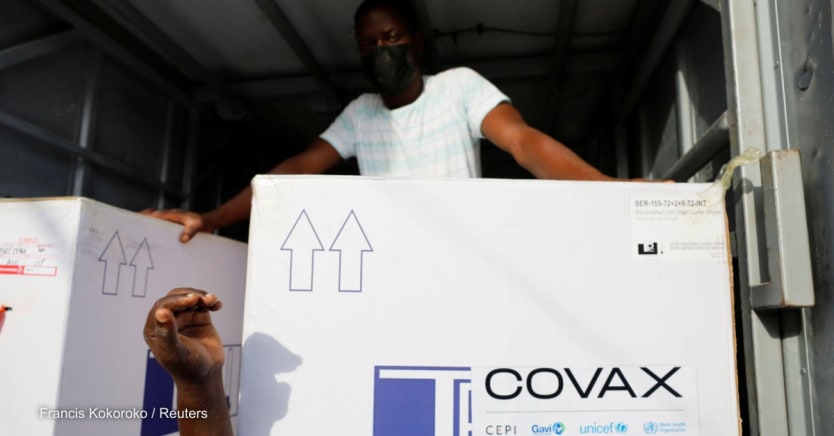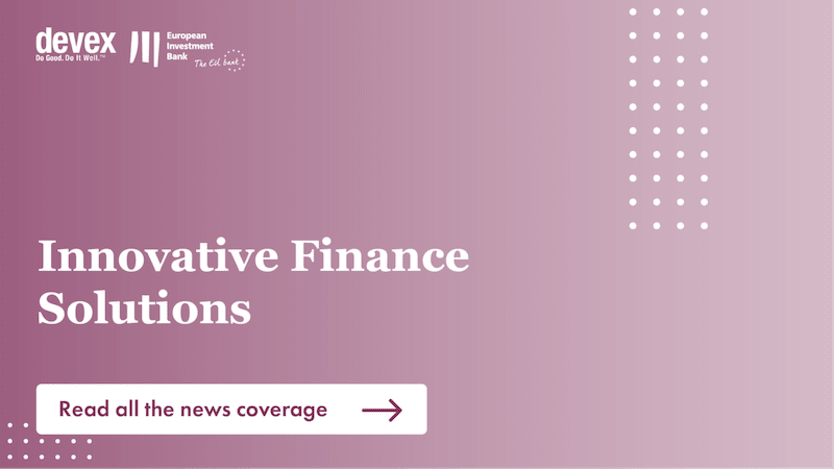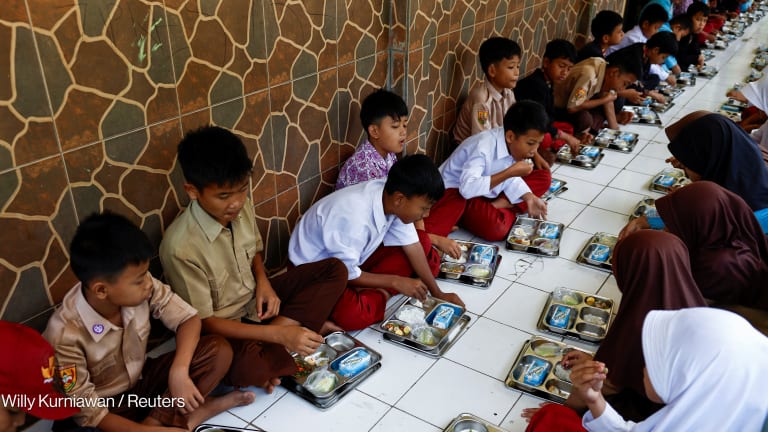
The United Nations and Islamic Development Bank launched an initiative Tuesday aimed at accelerating the use of Islamic finance to tackle the COVID-19 pandemic response, address poverty, and support sustainable development.
What it is: The new International Dialogue on the Role of Islamic Social Financing in Achieving the SDGs will include a series of virtual meetings that bring together Islamic financial institutions and humanitarian and development experts.
The intent is to produce a report on leveraging Islamic social finance to achieve the Sustainable Development Goals, develop an e-learning and knowledge platform on the subject, and create a road map for better mobilizing and using Islamic finance for the COVID-19 response and other sustainable development priorities.
The backstory: While discussions about ways to leverage Islamic finance have been ongoing, many efforts so far have been individual deals. These range from green “sukuk” — Shariah-complaint bonds for environmental projects — to the Global Muslim Philanthropy Fund for Children, a partnership between the Islamic Development Bank and UNICEF.
“Islamic social financing can and must be an integral part of the solution for financing sustainable development,” said Amina Mohammed, deputy secretary-general at the U.N., during a launch event for this week’s new initiative.
Why it matters: There are several traditional forms of Islamic social financing, including “zakat,” or obligatory annual giving; “sadaqah,” or charitable giving; and “waqf,” or endowments and trusts. But giving is often not formalized in a way that can scale and address development challenges.
For example, the Islamic Development Bank estimates that zakat amounts to about $300 billion annually. A fraction of that could close the funding gap for the equitable vaccine distribution facility COVAX. A religious ruling, or fatwa, in March determined that zakat could be used to fund COVID-19 vaccine purchases and distribution.
This coverage exploring innovative finance solutions and how they enable a more sustainable future, is presented by the European Investment Bank.









